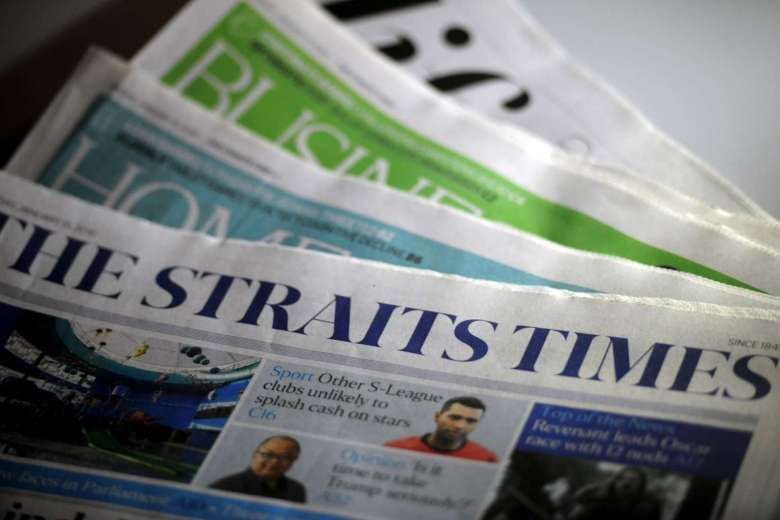Radicalism prompts Indonesia's MUI to train preachers
Sign up now: Get insights on Asia's fast-moving developments

JAKARTA (THE JAKARTA POST/ASIA NEWS NETWORK) - In an attempt to curb the spread of radicalism through sermons at mosques, the Indonesian Ulema Council (MUI) will provide preachers with training on moderation and nationalist Islam.
At the end of the training programme, participants will be tested and receive certification.
MUI's head of Islamic preaching Muhammad Cholil Nafis explained that the training programme would be held periodically, with the first to be held next month at Pondok Gede Haj Dormitory in East Jakarta.
At least 108 participants from various Islamic organisations and the 34 provinces across the country will take part in the one-week training programme.
"We aim to train and certify 550 preachers this year through five batches," Mr Cholil said.
He further said the MUI was concerned about the rising phenomenon of preachers using sermons to spread radicalism, which is indicated by hate speech towards religious minority groups and support for the notion of an Islamic state.
A 2017 study found that 41 of the 100 mosques in ministerial offices, state agencies and state-owned corporation complexes in Jakarta had radical teachings espoused during Friday prayers. Of the 41 mosques, 21 were at state-owned company buildings, eight at state agencies and 12 at ministry buildings.
The study was conducted by the Association for Pesantren and Community Development, in cooperation with non-governmental organisation (NGO) Rumah Kebangsaan from Sept 29 to Oct 21, 2017, by analysing 274 video and 357 audio recordings taken by volunteers.
The MUI proposed that mosques managed by the government and state-owned institutions start an initiative to only invite certified preachers to give sermons.
"We are working through it. Hopefully, all of the required documents and regulations can be completed by the end of 2019," said Mr Cholil.
Also in March, the MUI will sign a memorandum of understanding with the Religious Affairs Ministry and the Indonesian Broadcasting Commission to regulate that only recommended preachers from the MUI be allowed to give sermons on air.
A Muslim preacher based in South Tangerang in Banten, Mr Nanang Mubarok, expressed appreciation for the MUI's intention to certify preachers so that sermons could be conveyed by trusted and competent preachers, not just anyone with knowledge about Islam.
He cited that several countries with large Muslim populations including Saudi Arabia, Malaysia and Brunei Darussalam had implemented such regulations.
Mr Nanang, however, warned of a potentially divided society if the plan was not well-disseminated to the public.
With preachers' lack of knowledge about the training and certification programme, some would fail to seek certification. There would thus be certified preachers and uncertified preachers in society.
"It does not mean that uncertified ones are less religiously knowledgeable. They are just uninformed," Mr Nanang said.
"Don't let the preachers be divided, which would lead to a divided society," he further warned.
Religious Affairs Minister Lukman Hakim Saifuddin said in 2017 that the government wanted to ensure that preachers giving Friday sermons were competent and stuck to their roles as clerics.
The ministry would cooperate with Islamic organisations to "standardise" preachers to ensure they have a full understanding about spreading positive messages during Friday prayers, he added.
Mr Lukman argued that the government did not mean to intervene but it would be up to Islamic organisations to decide whether standardisation, including certification and more comprehensive training, development, coaching and supervision for preachers, needed to be implemented.
The plan has received mixed reactions.
Muhammadiyah, the second largest Islamic organisation, is sceptical about it, saying the government should not single out Islam as radical teachings.
NU, the country's largest Islamic organisation, welcomed the proposal, highlighting the importance of preachers spreading peaceful Islamic values and encouraging Muslims to be kind and tolerant in a pluralist country.
Many practising Muslims have complained about the content of Friday sermons and are now looking for mosques with preachers who refrain from talking politics and spreading hate.


